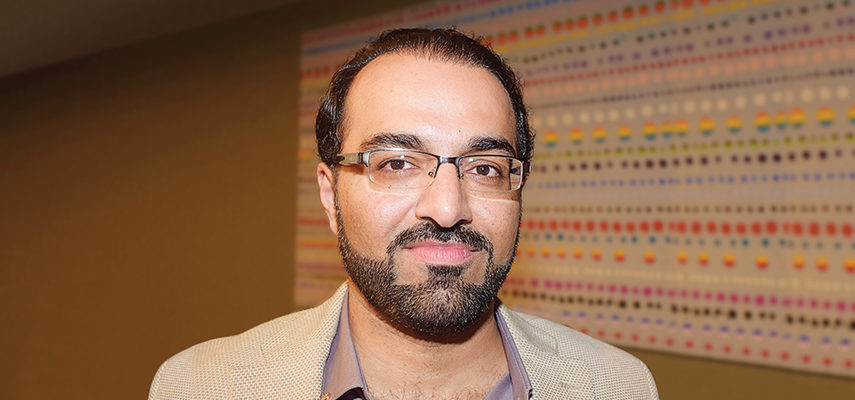1.5-million gift will promote food literacy and help raise a healthier generation less prone to chronic disease.
Category: Around the Ring
Iconic Honey Bee Research Centre planned

The University of Guelph will turn its long-standing research prowess in pollinator health and conservation into North America’s first one-stop shop for honey bee research, education and outreach. U of G is planning a new, $12-million facility aimed at helping understand the stressors affecting honey bees and other pollinators and finding solutions. A recent transformational
Leadership Transition

Franco Vaccarino will complete his term as president and vice-chancellor of the University of Guelph effective Aug. 1, 2020. “Serving as president and vice-chancellor of the University of Guelph has been an extraordinary privilege, and I am deeply honoured to have had the opportunity to make a contribution to this University and its future,” Vaccarino
Cybersecurity, threat intelligence program unique in Canada

The University of Guelph has launched a new graduate degree in cybersecurity and threat intelligence to train the next generation on how to stop cyberattacks before they happen. “Attacks are becoming more complicated, digitalization is pervading more of our world and too little attention has been paid to educating cybersecurity professionals,” says Prof. Ali Dehghantanha,
Lawrence Hill teaching creative writing to inmates

Inmates in Canadian prisons have stories to tell and want to put them to paper.
U of G offers first Indigenous language course
Students are learning the Anishinaabemowin (Ojibwa) language
Controlling children’s behaviour with screen time leads to more screen time

Rewarding a child with more screen time could make them want even more screen time.
‘Hangry’ is a real condition

Being hungry can make you angry…or rather, “hangry.” It’s a real thing, U of G researchers discovered.
Seafood mislabelling persists throughout supply chain

The label may not hold the true identity of the fish you buy.
Revealing domestic homicide study

Oppression, discrimination and lack of access to resources place members of vulnerable populations at higher risk of domestic homicide.